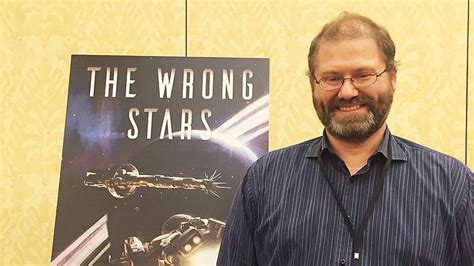A Quote by Richard Russo
I get and read an enormous number of first novels.
Related Quotes
Maybe I've just read too many novels. In novels, alcoholics are always attractive and fuuny and charming and complex, like Sebastian Flyte or ABe North in Tender in the Night, and they're drinking because of a deep, unquenchable sadness of the soul, or the terrible legacy of the First World War, whereas I just get drunk because I'm thirsty, and I like the taste of lager.
I'd read one too many crime novels where the victim was just a name: body number one, dead woman number 12. I understood fear, and I wanted to create characters who made readers say, 'Please, don't hurt this guy.' That's the key to suspense. It's easy to disgust a reader. It's much harder to make them care.
If you read novels of the 19th century, they're pretty experimental. They take lots of chances; they seem to break a lot of rules. You've got omniscient narrators lecturing at times to the reader in first person. If you go back to the earliest novels, this is happening to a wild extent, like 'Tristram Shandy' or 'Don Quixote'.







































